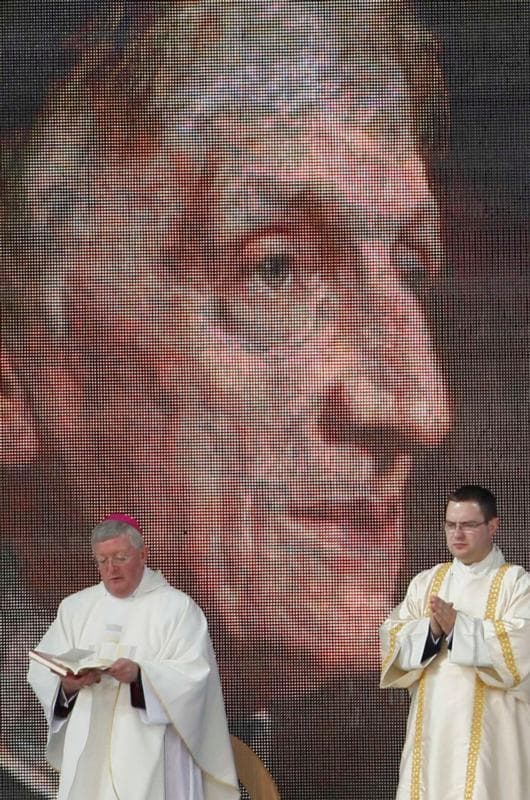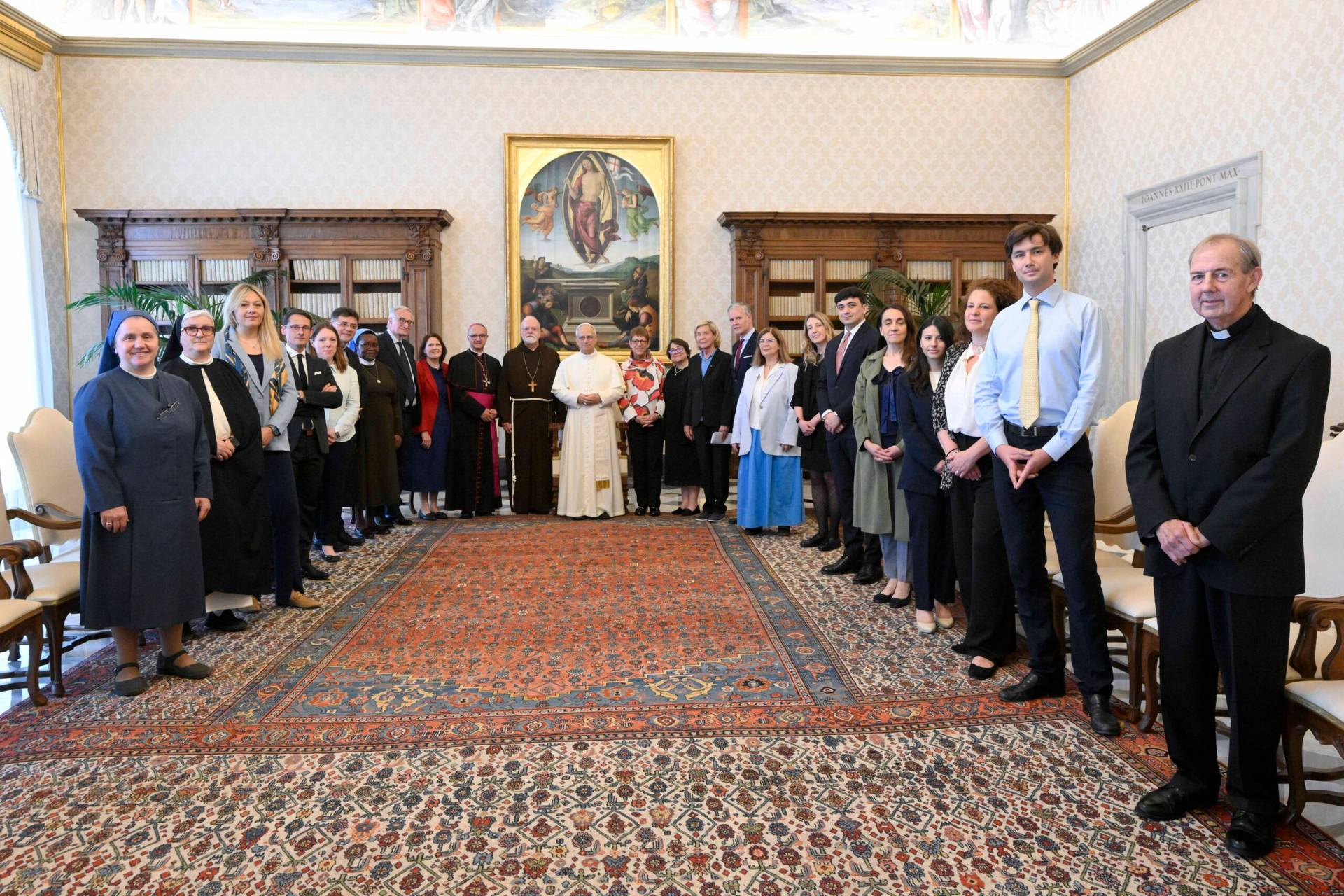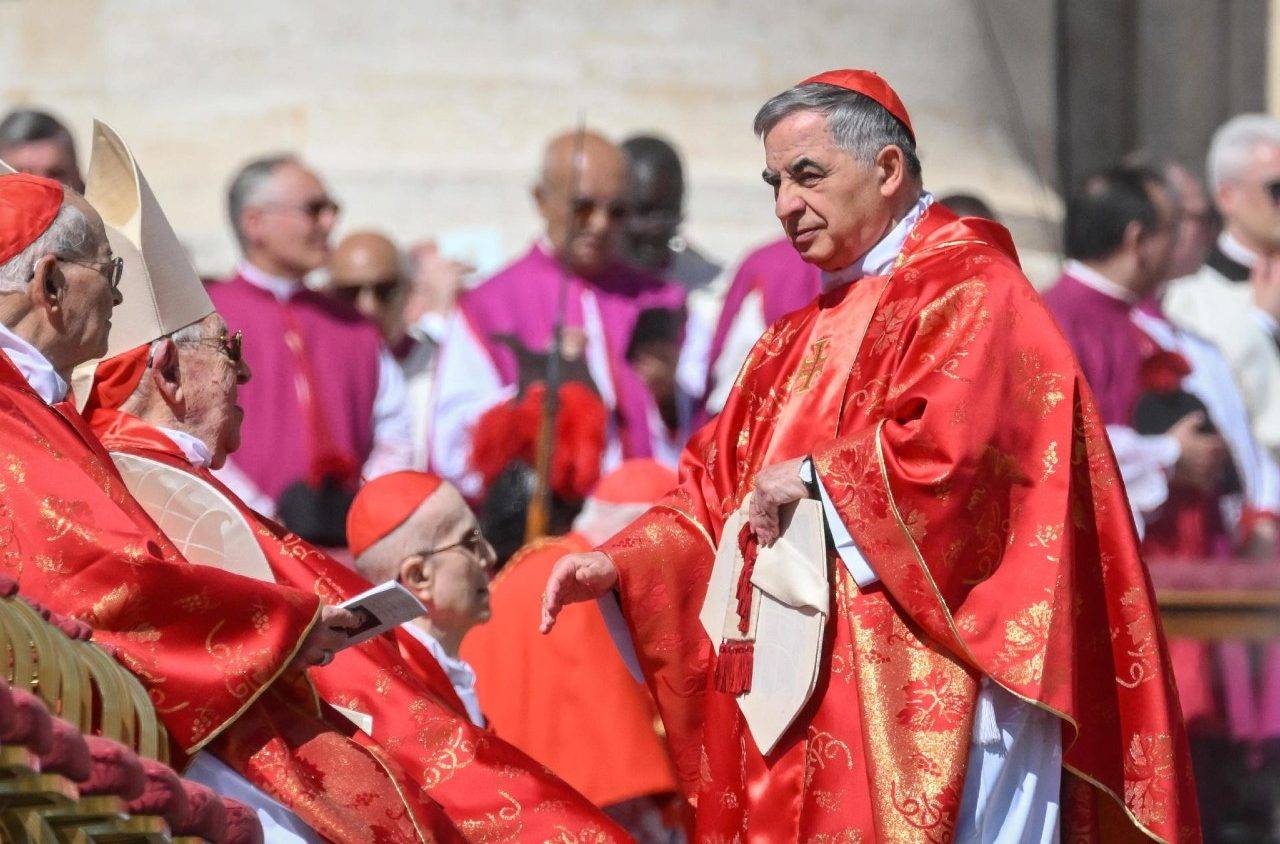LEICESTER, United Kingdom – This week’s announcement that Blessed John Henry Newman will be made a saint on Oct. 13 was greeted with celebration from all corners.
The 19th century British cardinal was a convert, and before becoming a Catholic he was one of the most prominent members of the Anglo-Catholic branch of Anglicanism.
Newman is considered a precursor to Vatican II: His writings on the Church Fathers anticipated the ressourcement theology of the mid-20th century, and his emphasis on the conscience and explanations of the development of doctrine have been a central point of post-conciliar theology.
This is not to say Newman was a modern-day liberal, he would have hardly felt the need to face the stigma of becoming Catholic in Victorian England if that were the case.
But it does put the new saint in an interesting category: He is embraced by most of both the Catholic left and right not so much for the holiness of his life – which for a saint, strangely doesn’t get a lot of print – but for his theology.
Conservative Catholics – especially in the Anglosphere – have for generations used Newman to explain to Protestants in a language familiar to them doctrines of the Church.
Emeritus Pope Benedict XVI is also an admirer, and personally beatified Newman in 2010 during his state visit to the United Kingdom.
Liberals have often appealed to his quote: “I shall drink—to the Pope, if you please—still, to Conscience first, and to the Pope afterwards.” Newman doesn’t suffer in their eyes for opposing the definition of papal infallibility at the First Vatican Council – although once it had been decided, he didn’t object. (Conservatives will point out he subscribed to the doctrine well before the council but thought its formal definition would hurt efforts towards Christian unity.)
There has even been a rumbling that he could be declared a Doctor of the Church — he would be the second born in England, after the Venerable Bede.
Even the Anglicans are happy, even though Newman left their church.
“The canonization of Blessed John Henry Newman is very good news for the Catholic Church in England and Wales, and we give thanks with them for this recognition of a holy life formed in both our communions that continues to be an inspiration for us all. Both as an Anglican and as a Catholic, his contribution to theology, to education and to the modelling of holiness resonates to this day around the world and across the churches,” said Anglican Bishop Christopher Foster, the Co-Chair of the English and Welsh Anglican–Roman Catholic Committee.
The British government has also signaled its approval: Sally Axworthy, the UK’s ambassador to the Holy See, said the canonization “will be an important moment for Britain,” calling Newman “a truly global Briton.”
“He brought his experience from the Anglican church to his work as a Catholic, bridging the two traditions,” she explained.
Jack Valero, the press officer for the Newman Canonization Committee noted Newman’s canonization “will unite many people in celebrating this influential figure who is also a saint.”
Father Ignatius Harrison, who heads the Birmingham Oratory Newman founded in 1849, noted: “Newman’s lifelong success in bringing others to Christ shows us that the apostolate of Christian friendship achieves much more by attracting people to the Lord than by aggressive polemic. Newman’s long and incremental spiritual pilgrimage shows us that God leads us to Himself step by step, in ways that He customizes to our individual needs, and in His own good time.”
(Which is a very Pope Francis-like take on the 19th century saint: Any reader of Newman’s letters will note that an “aggressive polemic” was something he kept at the ready in his literary toolbox.)
There is a danger that 21st century pundits will try to champion the new saint for their causes – and a quick search of Twitter in the days after Monday’s announcement will show this is not an unfounded worry – and more people will use his quotes as proof texts in their online battles than actually study his writings.
But this is in many ways a credit to Newman; not only is he impossible to pigeonhole, he is also someone you want in your corner. Hopefully, this means that on Oct. 13 the Church can take a pause and celebrate a man who transcends the culture wars currently dividing it.
This article originally stated Newman would be the first English-born Doctor of the Church. Of course, the Venerable Bede holds that distinction. Apologies.
Follow Charles Collins on Twitter: @CharlesinRome
Crux is dedicated to smart, wired and independent reporting on the Vatican and worldwide Catholic Church. That kind of reporting doesn’t come cheap, and we need your support. You can help Crux by giving a small amount monthly, or with a onetime gift. Please remember, Crux is a for-profit organization, so contributions are not tax-deductible.


















